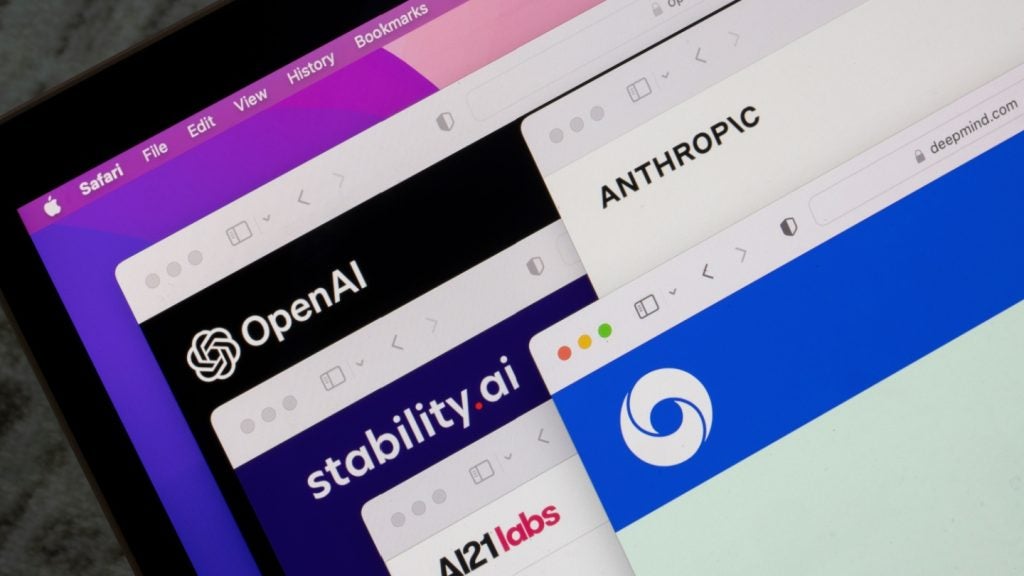
The Taylor Review of Modern Working Practices, commonly known as the Taylor review and looking into the gig economy, finally emerged this week.
Now the dust has settled we can stand back and take a long view of what it means for this new breed of workers.
A series of highly publicised lawsuits against Uber, Deliveroo and also Pimlico Plumbers, has thrown the gig economy into the public eye, to such an extent I don’t feel the need to explain to you what the gig economy is.
Lead author of the report, Matthew Taylor, in a speech at its launch said:
Despite the impact of the national living wage and tax credits there will always be people who are in work but finding it hard it make ends meet. Our social contract with those people should include dignity at work and the realistic scope to progress in the labour market.
The Taylor review encompasses a large section of Britain’s working life but put particular focus on the self-employed sector.
How well do you really know your competitors?
Access the most comprehensive Company Profiles on the market, powered by GlobalData. Save hours of research. Gain competitive edge.

Thank you!
Your download email will arrive shortly
Not ready to buy yet? Download a free sample
We are confident about the unique quality of our Company Profiles. However, we want you to make the most beneficial decision for your business, so we offer a free sample that you can download by submitting the below form
By GlobalDataAmong other things it calls for self-employed workers who spend most of their time with one company to get a new status reflective of the evolving employment landscape in which they make their living.
Kevin Charles, consulting barrister at Crossland Employment Solicitors, summed up the problem for Verdict:
One of the biggest concerns are people who’ve been treated as self employed and (are therefore) denied basic rights whereas in reality they have said they are part and parcel of the business, are integrated and don’t really have that much control (over their employment). Historically the way in which employment laws are currently framed, there’s a big grey area as to their status.
The review’s answer to this is to create a new class of worker; so-called dependent contractors.
These people would still probably have to do their own taxes and would remain at least nominally in control of how much or little they work but their employer would have to make concessions to them being at least kind-of employees.
Holiday pay, sick pay, minimum wage etc.; all these would in theory become part of the employer’s responsibility to the ‘dependent contractor’.
The heart of this issue is whether such companies as Uber, Deliveroo, TaskRabbit and Pimlico Plumbers accept that, above a certain threshold of hours and obligation, their drivers, cyclists, plumbers and task rabbits are a bona fide part of the company. A tricky thing to convince them of, seeing as their entire business model is predicated on a stream of low-overhead, minimally-stringed labour in constant supply.
This issue is being litigated in employment tribunals across much of the world, and any real world impact the Taylor review could have would probably depend on labour winning those battles.
Until then the majority of Taylor’s recommendations remain just that. Theresa May’s promise to take the report’s advice seriously does not arouse much confidence this side of Brexit.
The report itself does hint at this, recommending government keep its hands away and suggesting companies take the lead with good corporate governance.
The report also nods towards the way employees themselves can hold that governance in check, in an overlooked part of the report that jumped out to Crossland’s Kevin Charles.
One interesting point for me is that a few years ago we had the introduction of tribunal fees, so if an individual wants to bring a claim in a tribunal they have to pay a fee to do so.
Charles said this has deterred a large number of people from bringing claims. He has observed what he describes as a huge reduction of tribunal claims against discrimination, unfair dismissal and violations of established employment rights in the years since the fees were introduced.
This has been a debate we’ve been having in employment law for some time. You have people out there wanting to enforce rights, let’s say discrimination based on sex or race. But the fees are too high, you are deterred from doing so.
The Taylor review has recommended those fees be abolished. Charles welcomes this but said the problem is larger than the gig economy.
I would hope the government take the opportunity to abolish fees (outright), not just for those seeking to establish their employment status. It would be rather odd if all other categories of workers seeking to enforce very important employment rights still had to pay a fee.
Charles said the workers who most need such employment solutions as found in the Taylor review are some of the lowest paid and most vulnerable in terms of access to legal advice. Without the removal of such barriers as the tribunal fees their situations are unlikely to improve with Taylor alone.
There’s no point having these rights if you can’t enforce them, or if the cost of enforcing them is too prohibitive.







